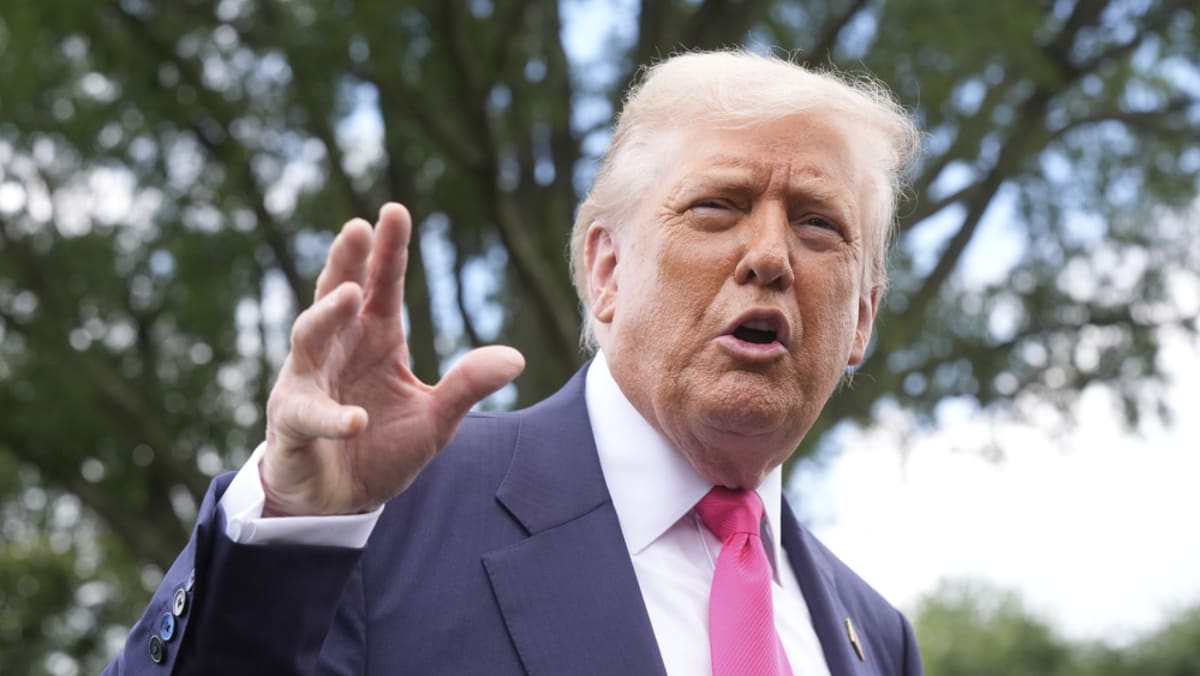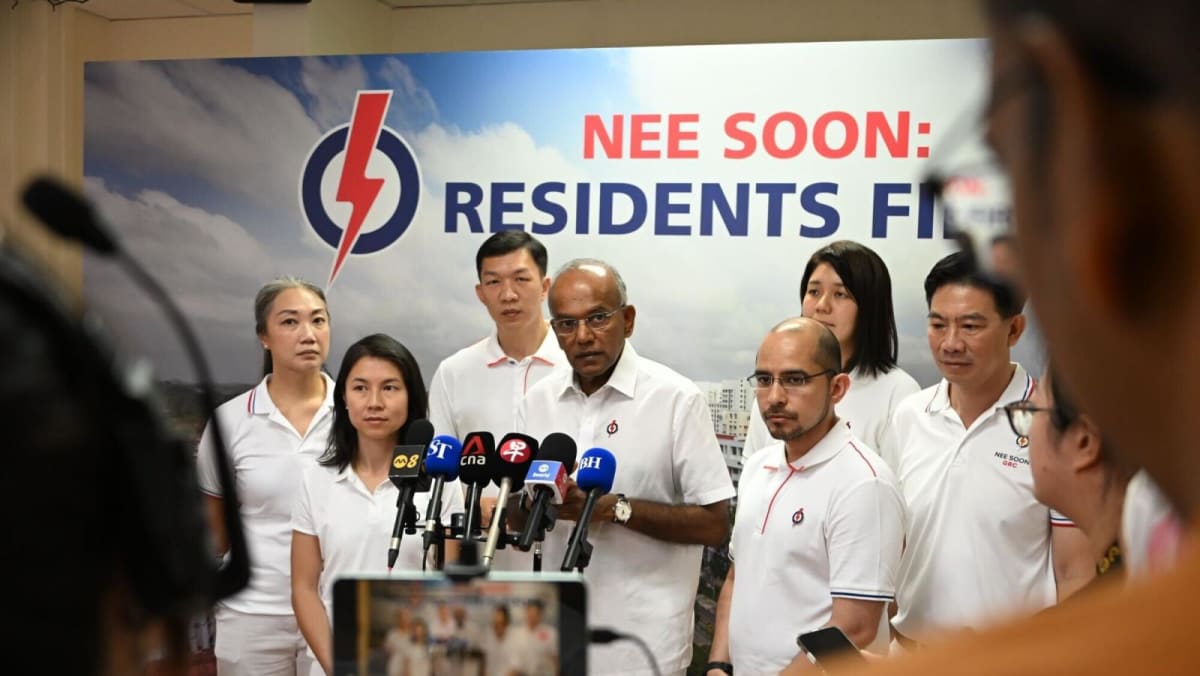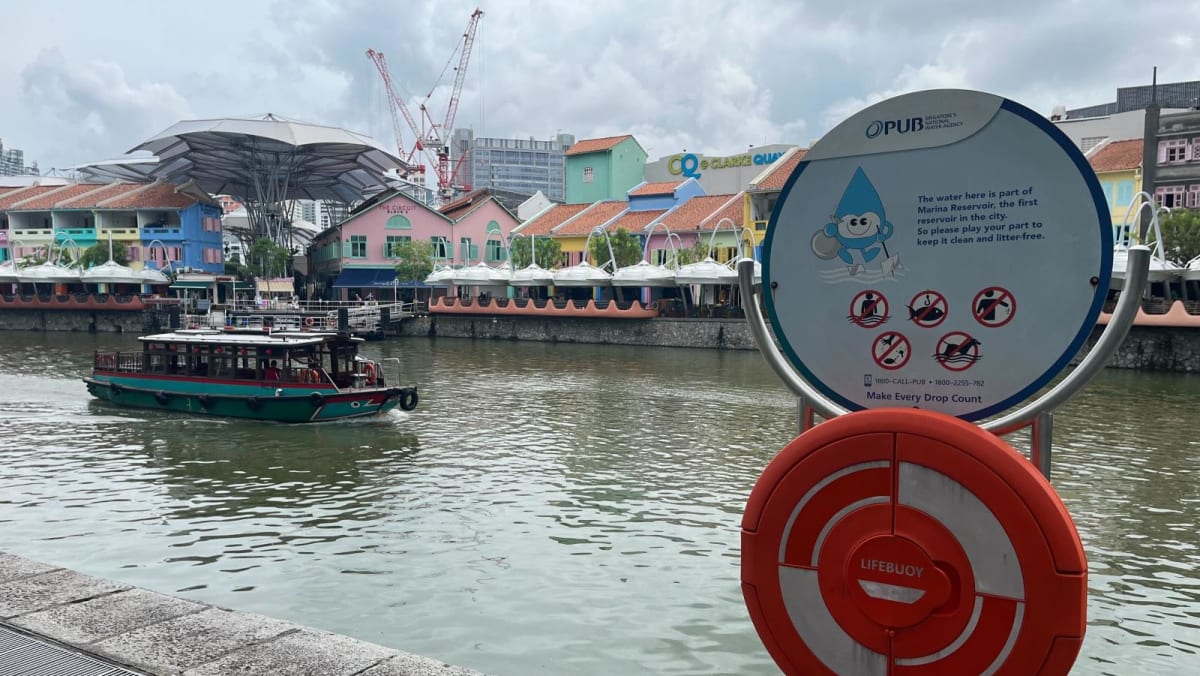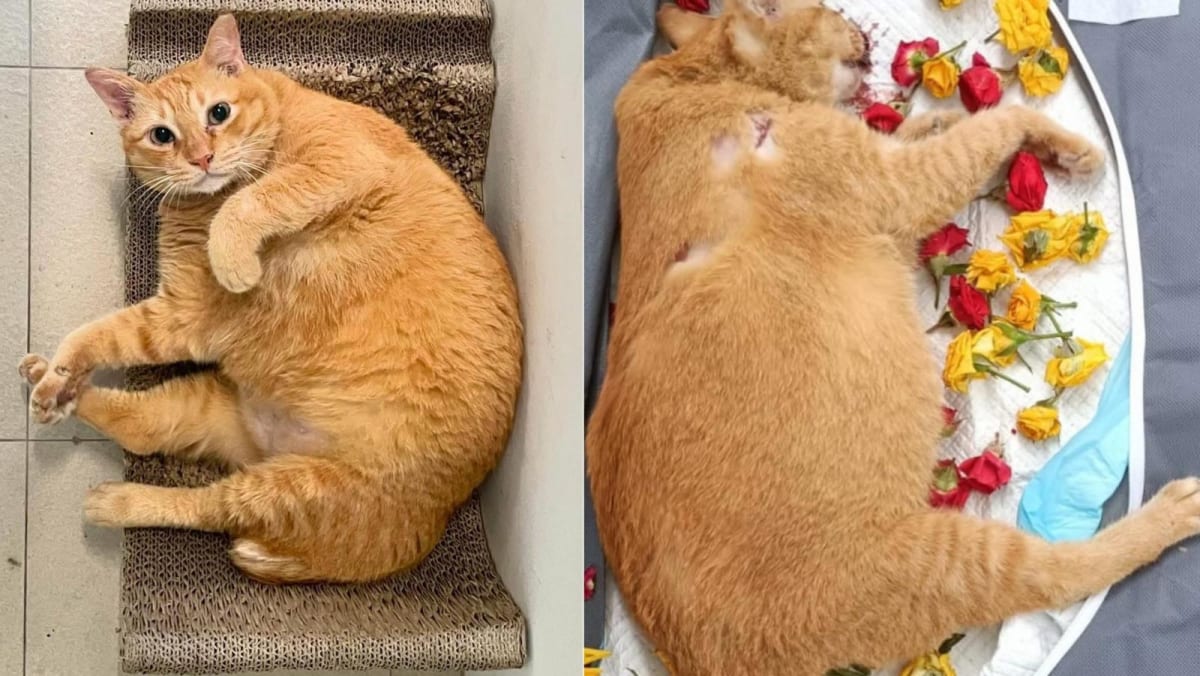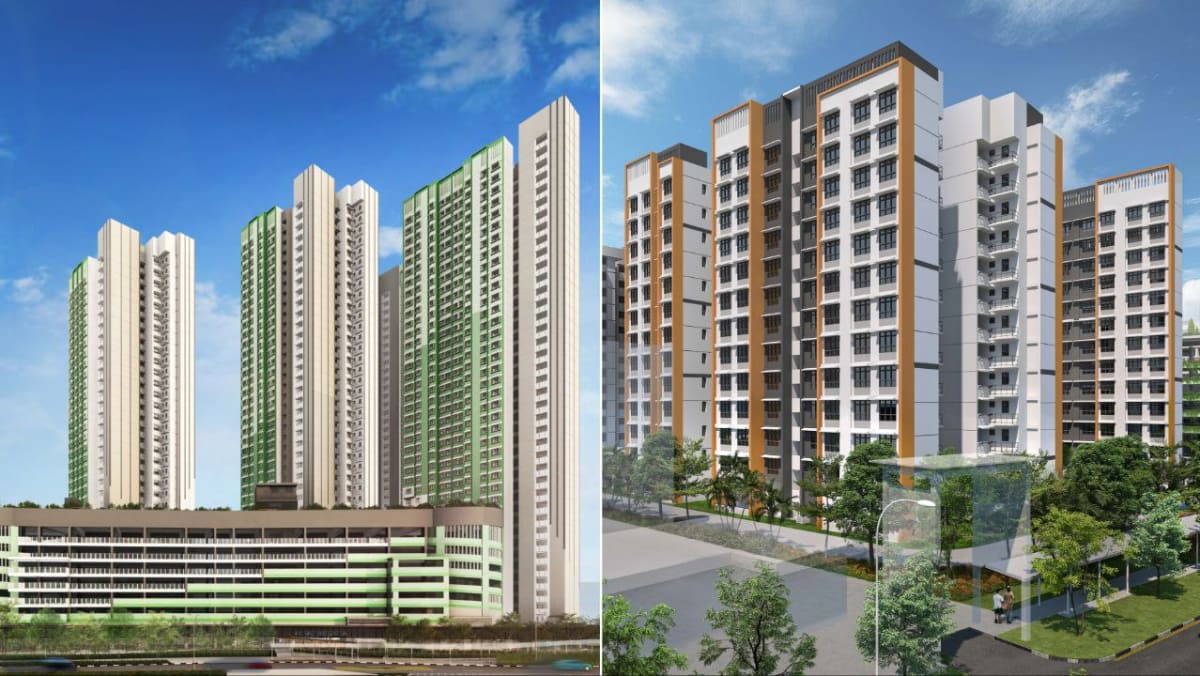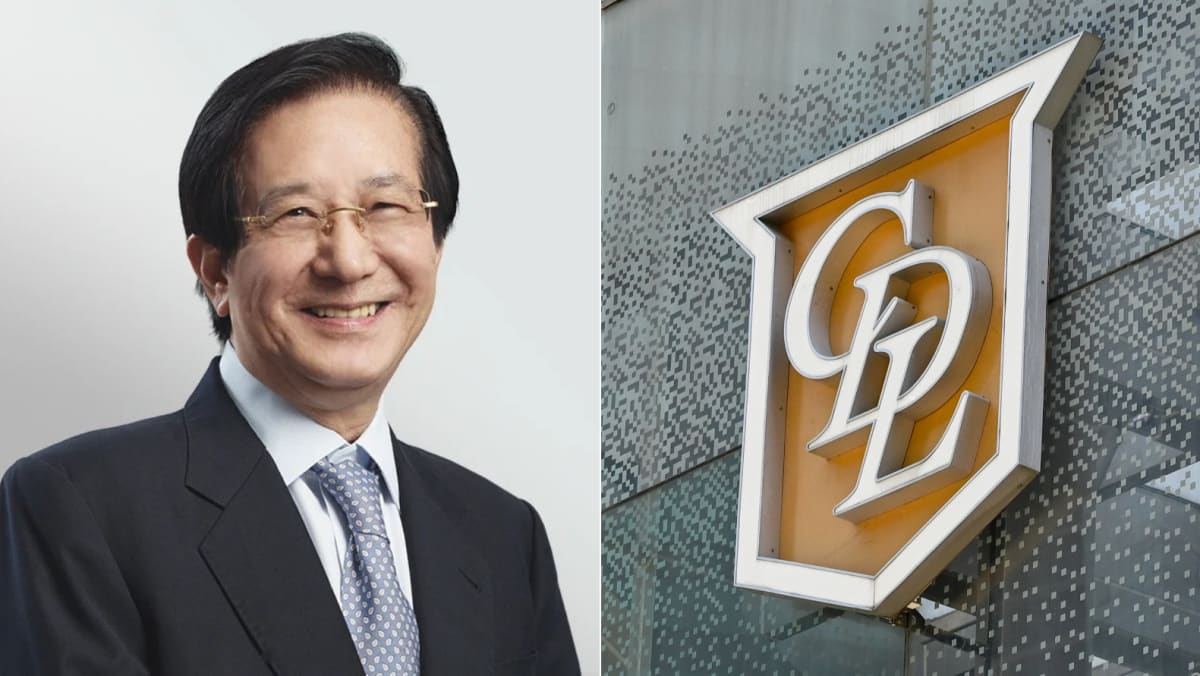SINGAPORE: The goods and services tax system (GST) is designed to take “from the top” and redistribute across the population – a point the opposition should also make clear, Law and Home Affairs Minister K Shanmugam said on Thursday (Apr 24).
Speaking to reporters at the launch of the People’s Action Party (PAP) Nee Soon GRC manifesto, Mr Shanmugam gave the example of a typical family living in a three- or four-room flat that will receive thousands of dollars in support.
“And they don’t pay that much in GST. The GST is primarily paid by the top income earners. The top 20 per cent pay most of it,” he said.
“If someone goes to a restaurant and pays S$100, he pays S$9 in GST. If someone goes to a hawker centre and pays S$10, they pay 90 cents in GST. That S$9 is taken by the government and redistributed to those who are having the $10 meals,” he added.
“So it is taken from the top and redistributed across. And I wish the opposition would make that clear, too. I think it’s important you make that clear rather than say some things that are maybe only partially accurate.”
Mr Shanmugam was responding to a question about what residents should consider when evaluating the proposals put forward by the parties contesting Nee Soon GRC – PAP and Red Dot United (RDU).
RDU said earlier that it would also call for GST to be reverted to 7 per cent, which its secretary-general Ravi Philemon said will put more money in people’s pockets.
In the party’s manifesto, launched last Saturday, it also proposed tackling the rising cost of living issues “from the root” with policies that prioritise fair wages and provide job security through a “citizens-first” hiring policy.
Other opposition parties, including the Workers’ Party and the Progress Singapore Party, have also focused on GST in their manifestos, calling for exemptions and rollbacks.
Reiterating points previously made by Prime Minister Lawrence Wong and the Ministry of Finance, Mr Shanmugam said that the support provided this year more than offsets any GST increase.
“And it will continue to offset it over the next five years,” he said.
“The prime minister explained that a large number of households will not feel the impact of the GST because whatever they pay in GST is more than covered by what the government is giving.”
.jpg?itok=wmiFAp__)

